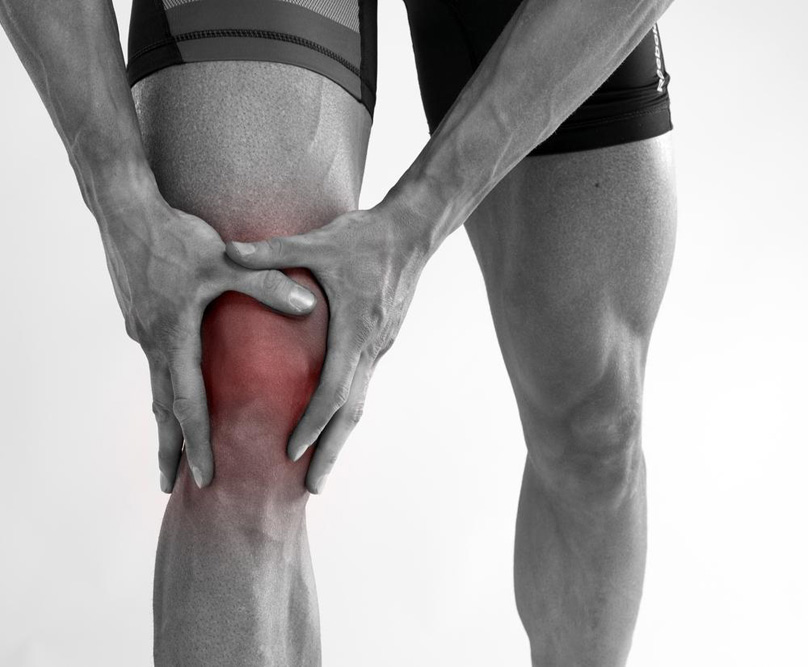Here’s how you can manage knee pain
The knee is one of the most critical and most often abused joints in the human body. This, considering the fact that it is the second highest weight bearing joint after the hip joint and has the largest range and degree of movement. It is not surprising that knee pain is the most common complaint that takes one to the doctor. The pain has many different causes and the remedy depends on the cause. Generally, the cause of pain is inflammation in the knee. Inflammation is the physiological reaction to fight an injury to a tissue. It brings in more blood and with it white blood cells to the site.

Treatment for knee pain
- Immediately after an injury, normally a cold compress is applied to the area to reduce the rush of blood. Give the joint rest and keep the limb elevated all times to help drain the fluid from the area. Common over the counter NSAID like ibuprofen helps in controlling inflammation and reducing pain. If the situation is slowly resolving it is fine. However, if the situation is worsening or lingering beyond a week or ten days it is better to call your doctor and proceed by his advice.
In extreme cases, one may have to go for knee surgery total or partial knee replacement.
There are some alternative treatments which have proven to give a mixed result. Glucosamine and chondroitin have been effective. Exercise to strengthen the musculature around the knee and improve flexibility would also help. Acupuncture is also found to effective in some. Losing weight would significantly improve things.

